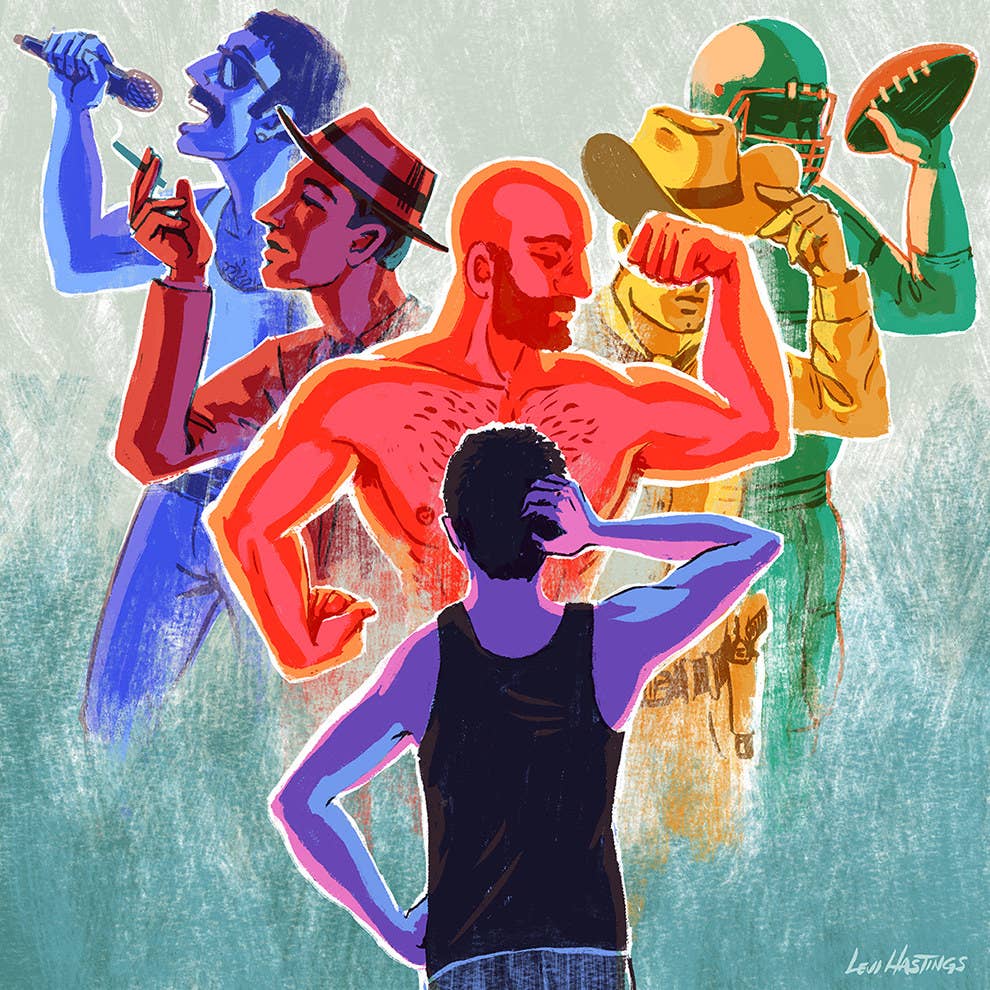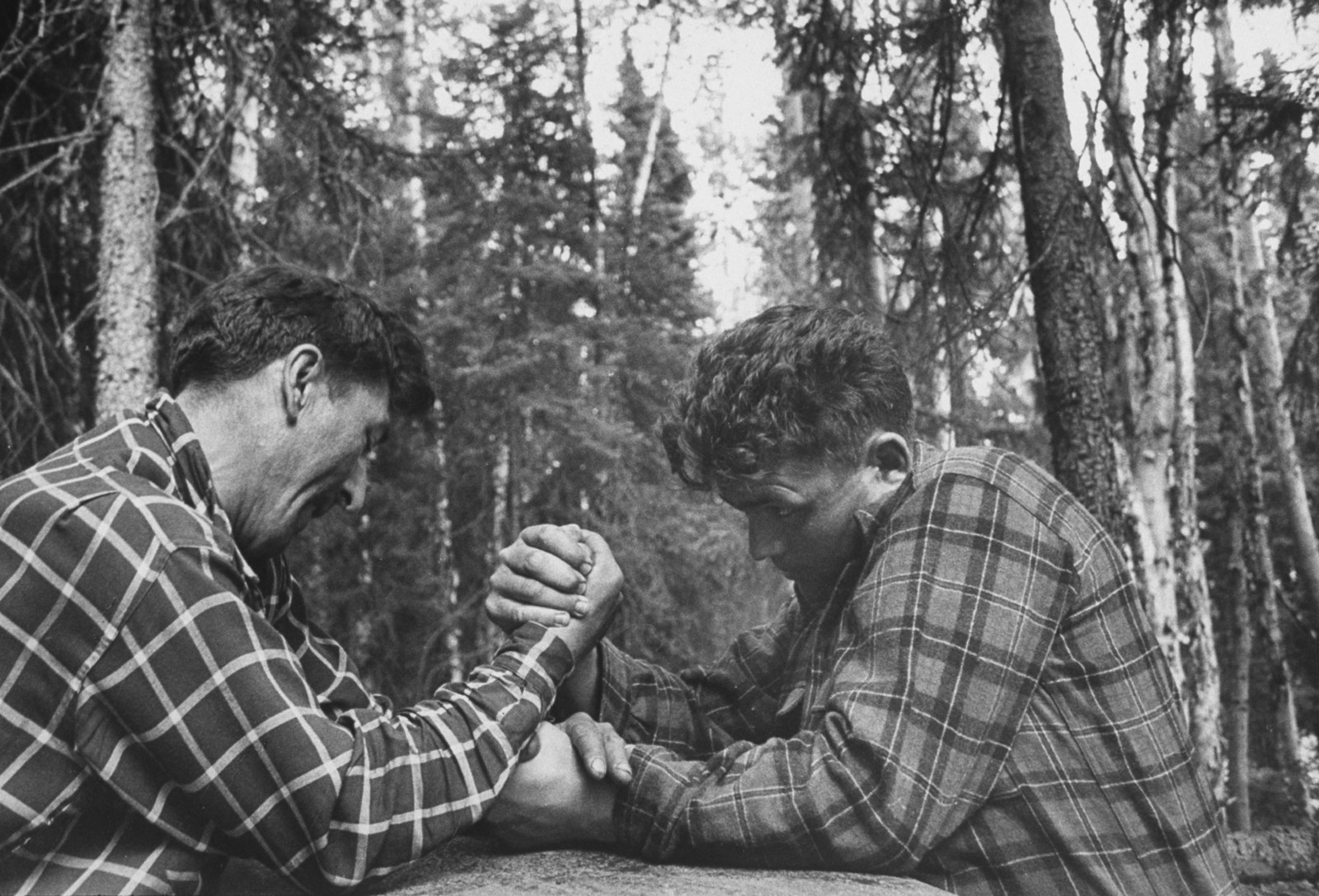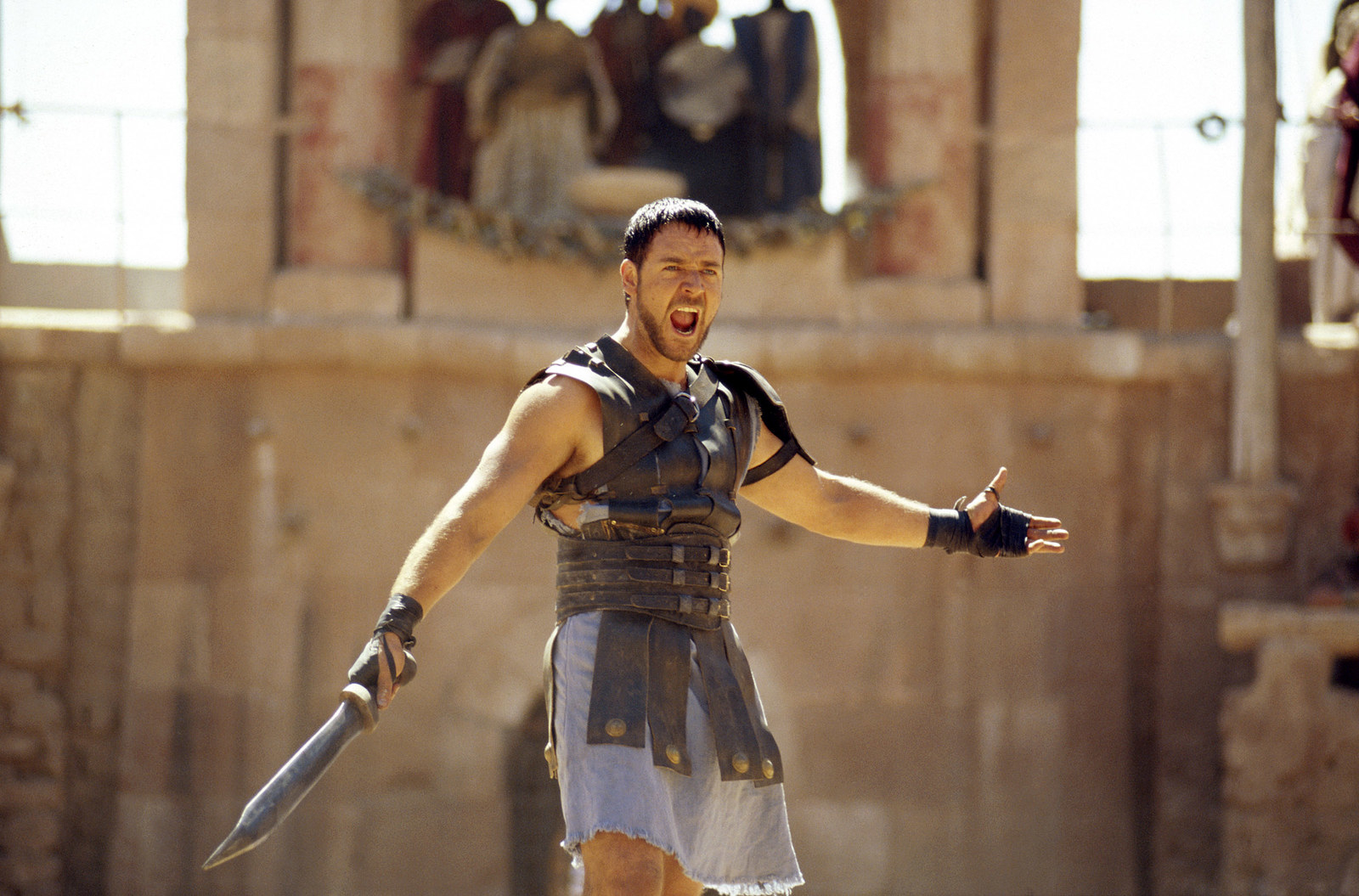
Ever since I can remember, I’ve been in love with the cult of masculinity. I grew up idolizing men in books, onscreen, and in real life. I loved how they could access everything and anything the world had to offer. Seeing classic actors from any era of Hollywood — from Buster Keaton to Michael Keaton — walk across a screen filled me with an excitement for being alive. Imagine being him, I thought. Imagine having a body that makes absolutely everything possible.
I can’t remember making the decision, as a female-bodied kid, to present as male. I just started doing it. I took male names. I insisted that I was a boy to my classmates and my parents’ friends. It didn’t feel like a choice; it felt like the truth, or part of it.
“I’m a boy,” I’d say. Most people — adults and children — would laugh nervously. Some would tell me I was wrong. I didn’t let this faze me. Since the time I was old enough to form sentences, I’d wanted to leave my assigned gender entirely behind.
I never wanted to latch onto masculinity because I thought it was cool, or fun, or even interesting. I wanted to escape the fate of femaleness in the only way I could: by sleight of hand.
I wanted to escape the fate of femaleness in the only way I could: by sleight of hand.
As a trans kid who didn’t know the word for “trans,” I operated on the assumption that everyone was stupid for not understanding that I was male. I assumed at a certain point they’d catch up with my reality. Of course, they didn’t. But I kept studying men to see what I could learn from them. How to look, how to act, how to be. How to possess an acceptable kind of vulnerability, a smoldering anger, a kind of violence. I wanted to be in possession of those classic masculine traits I’d seen growing up — anger, violence, darkness — so the people around me could have no cause to doubt that I was one of them: a guy like any other.
I’ve changed a lot since I was a kid. I’ve worked to stop seeing things in that binary way that made childhood so terrifying: male/good, female/bad; male/happy, female/unhappy. Somewhere in the course of figuring out that you can live with and work around shame, I’ve been able to fashion a kind of identity out of being neither male nor female, and at times both.
But I’ve still been shaped by a culture of masculinity that assumes men are somehow special, beautiful, better. And being enamored with classic conceptions of manhood has gotten more complicated in the wake of the #MeToo revelations.
I don’t believe that there’s any excuse for sexual predation — ever. But I do understand the ways in which our culture equates masculinity with violence and aggressive behavior: how masculinity is presented as an achievement, but one that can never quite be attained, no matter how violent you are, how seductive, how predatory, no matter how many times you’ve been to war.
I’m not alone in feeling torn between chasing the rewards of masculinity and being extremely wary of them. The author Thomas Page McBee has written eloquently about the implicit violence embedded in masculine identities. “Men have to fight someone or something at some point, don’t they? For my entire life, and certainly for the four years since I began injecting testosterone, I’ve been fighting, whether it’s myself, the world or my place in it,” he writes in Quartz. “Masculinity and aggression seem so inextricably entwined. But why?”
In her Netflix special, Nanette, the lesbian comedian Hannah Gadsby references her masculine style of dress while taking the opportunity to call out toxic masculine culture: “You guys need a good role model right about now.” And in the queer community, we take what we want from masculine style and iconography, making them our own, while also trying to interrogate our own relationships with masculinity. I’m no different. Masculinity, I’ve always thought, is a trap. But I pursued it anyway. I still do.

The age of 8 or 9 was the last time I can remember walking around without an acute awareness of my body. Age 10 brought on the very beginnings of a horrible development — puberty. I could say that I hated developing breasts, getting my period, dealing with hormones, but in truth, I was so in denial about all of it that I completely blacked it out. I remember walking around in a daze, totally unaware of having a body at all until a classmate suggested that I should shave my armpits and another suggested that I should wear a bra.
Weirdly enough, I wasn’t that daunted by what other people said, the ways in which they made me feel it was unacceptable to be me. I mainly just wanted to know what the fuck was going on, and would I survive it?
From the minute I started anticipating adulthood, and what it would bring for me specifically, adulthood looked like prison. It was a state where you couldn’t do anything with your body without it being somehow misconstrued as male or female, claimed as belonging to one gender. Finite. It was a point of no return. Puberty changed your body into the cage you’d have to live in for the rest of your life.
I saw very clearly how women were viewed in the world: as victims, as sexual objects, as a number of other things I didn’t wish to be.
When I think about puberty now, I don’t remember what was going on physically. I remember the ways in which I tried to escape the reality of my body. I remember endlessly watching movies, particularly silent ones. I wanted my body not to matter, so I looked to the kinds of films in which bodies, despite being the centerpiece, mattered least: silent comedies in which the sped-up action allows actors to almost defeat gravity. Those films were so important to me. I used them as a kind of evidence. See: Having a body doesn’t have to be a punishment. Masculinity as a code can be tampered with, recoded to fit. Still, I didn’t see any women defying gravity in those films.
I had always admired male actors for their grace and their mastery of their bodies, the way they could conjure up a kind of empathy in me despite the fact of their (often lacking) physical appearance. With actors I admired, it always began with the question “Why does someone so ugly get to be in a movie?” After I began to really watch them, I realized that they were doing something to convince me that, when it came to the movies, they didn’t need beauty as a buy-in in the same way that women did. For some reason, their ugliness never mattered. In fact, by some strange magic, it transformed into beauty the longer I watched them onscreen.
When I watched movies as a kid, I saw unattractive male leads consistently being paired with conventionally beautiful female leads. In this pattern, I began to see that the actor’s shape-shifting ability to transcend physicality isn’t an inherently male superpower — it’s just that men are the only people allowed to do it onscreen. Women — at least in media — aren’t even given the chance.
I saw very clearly how women were viewed in the world: as victims, as sexual objects, as a number of other things I didn’t wish to be. I drew the obvious conclusion: Femaleness wasn’t for me, despite what I saw as the misfortune of my birth.
As a kid, I gave up on the idea that I could ever be female and have a life I wanted, or be the kind of person I wanted to be. I did this because I knew society is sexist. In the world of men, I saw freedom. I saw bodies that weren’t constrained by constant objectification, and disrespect, and rape. I saw choices.
When I came out as trans in my late teens, I saw the less romantic side of manhood. The oddness of those rituals rooted in disrespect, one-upmanship, and violence. Behaviors which men are told are innate. And they believe it. We believe it.
“You have to understand,” my father said to me at one point after I came out to him, “no man ever thinks he’s actually achieved masculinity. It’s always in the distance.”
That I understood. Why else would masculinity be such a violent, aggressive mode of being if not for the cultural imperative to “prove” oneself as male? As a woman, the proof is in the experience. As a man, the experience is never enough. Battling your foes is supposed to make you a man. Success is supposed to make you a man. “Winning” is supposed to make you a man. But the journey toward an actual ownership of true manhood is Sisyphean. It’s not supposed to end. You’re just supposed to keep on tearing through the world, hurting people and ignoring your emotions until the day you die.
My father never cried in my sight. It was one of my fantasies, to see him break down in tears. When I was a kid, it angered and confused me that I could never witness him showing an emotion that wasn’t anger or vague annoyance. I wanted to see him be human. But I never did, not even in the hospital room where his father died, surrounded by the safety of his remaining family members: his sister, his brother, my mother, my sister, me. I was sobbing the loudest of all, and ashamed by it. To me, it was theatrical, it was feminine. It was also real and uncontrollable. My sorrow didn’t have to have a gendered meaning or value but of course, in my mind, it did. Everything did.
I started out wanting my father to cry, and I ended by trying to keep myself from crying. Showing emotion, I assumed, would make people see me as female. I thought not crying was what manhood was all about. I think that’s how a lot of young boys see it, unless they’re incredibly lucky. But few of them are. The rest receive a script from the day they’re born, and they’re told in no uncertain terms that they can’t deviate from it. Put yourself first, don’t consider the feelings of others, win, succeed, be strong, don’t cry, fight, hurt, take, take, take.

When I first came out, I wanted the works. I wanted to go on testosterone, have top surgery, and change my name and gender marker on my driver’s license. I didn’t think there was any other way to be trans. For once in my life, I wanted to be powerful; I wanted to have a claim to that kind of violence that power allows — the kind that gives men license to do whatever the fuck they want without feeling the consequences. I wanted to be a first-class citizen. I didn’t want to be an object.
To which the universe responded: Get the fuck in line.
After I came home to get top surgery in 2012, just a few years after coming out, I realized that I could start embracing the principles of maleness, i.e., becoming a true and utter asshole. I was excited by this idea, and also daunted.
“I want to feel closer to you,” my mother said, during a drive to the supermarket. I was recovering from surgery, still slightly high on Percocet.
I stayed silent. She didn’t understand: Men don’t get to be close.
I realized that my masculinity isn’t something I have to earn. It exists in me already.
Today, I feel differently. I don’t want to inhabit maleness; I want to understand it. At some point along the way, between denying that I was trans and coming out as trans and being trans, I realized that my masculinity isn’t something I have to earn. It exists in me already.
I no longer feel that women have no power, that to be female is to be stuck without options. To be female is to live a life of less privilege, which is different than living a doomed life. I was born in the country of femaleness — I grew up there, immersed in its customs and its rituals. As I grew older, I began to understand the true nature of these customs inside of a global system of gender — their unfairness, their meanness, their absurdity. I wanted to opt out of gender, period. I wanted nothing to do with it.
Now I find myself often needing to go back. Not because I’ve had a change of heart about these things. I still find the treatment of girls — the way our culture insists upon a certain intellectual, unequal separateness from boys in all areas of their life, from education to health to safety — appalling. It’s the thing I want to change about the world more than anything, and it’s the change I most want to see in my lifetime. But a simple rejection of the gender I grew up in — as a kind of prisoner of war — doesn’t work for me anymore. I have a stake in it. And now that the world seems to have a similar stake in it, I can’t help but feel a mix of emotions ranging from relief (“Fucking finally!”) to rage (“What took you so long?”).
I’d like to say that what I feel more than anything is hope, but that’s not true, either. What I want is for people to embrace complexity across the board — to reject the barbaric way in which we’re separated into arbitrary categories from birth, which translate, later on, into the categories of “predator” and “prey.” I want everyone to know that we’re all in our own type of prison when it comes to gender, and to start raising kids with the tools they need to break the fuck free. ●
